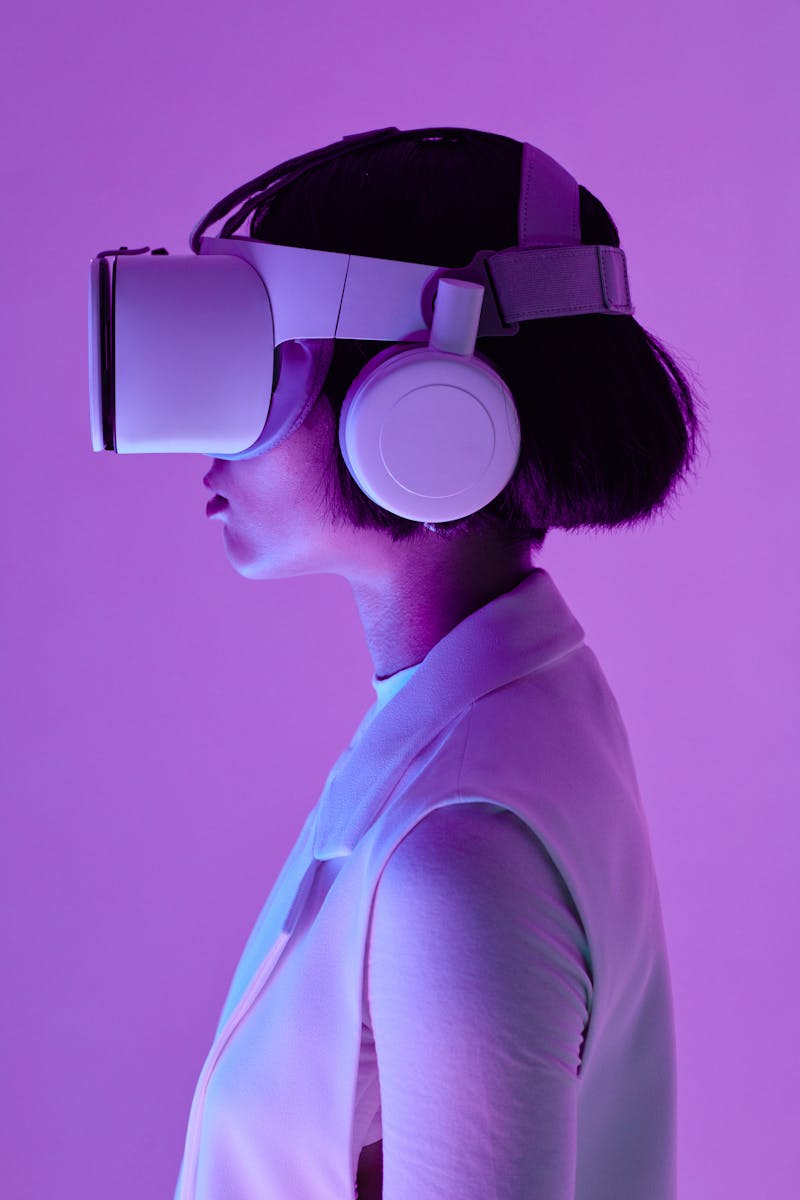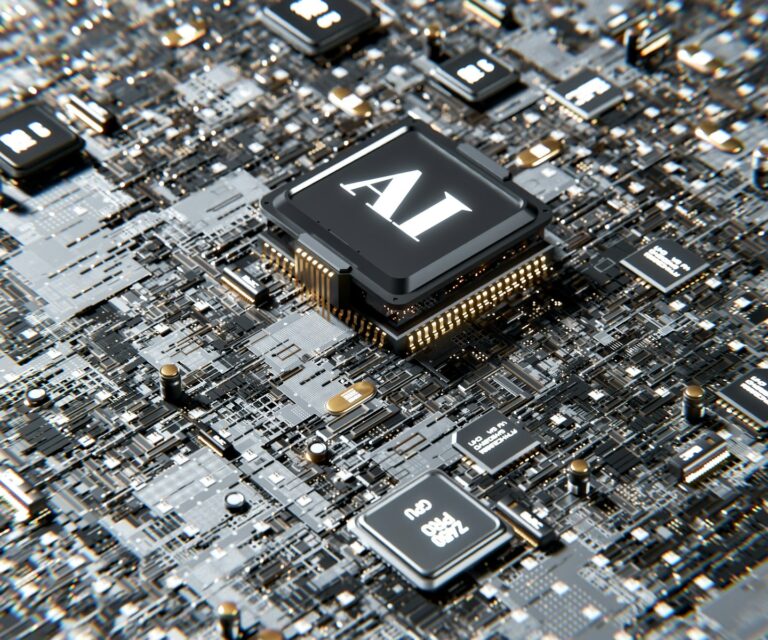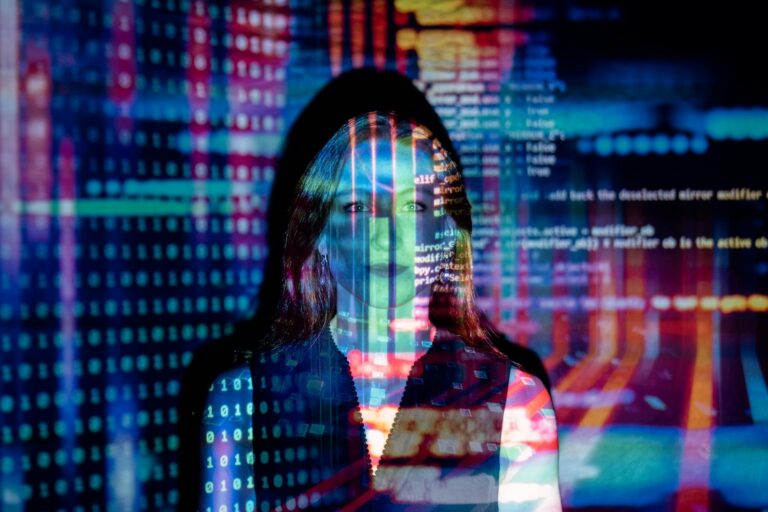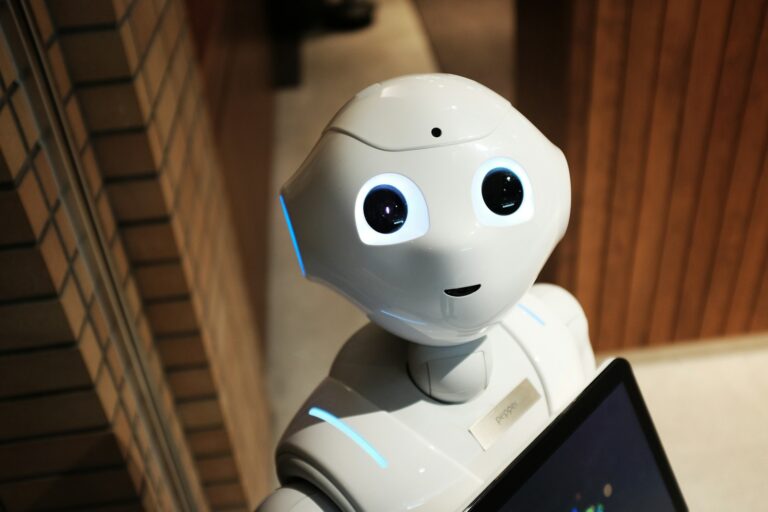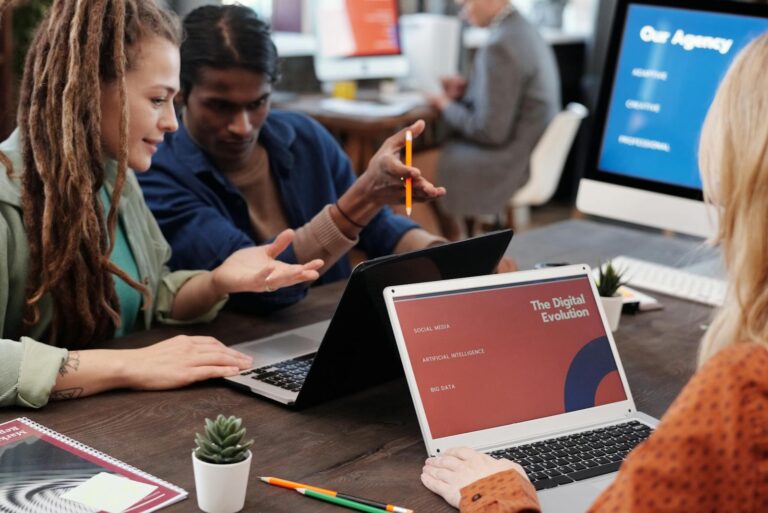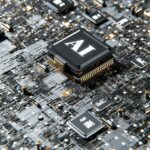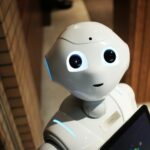Beyond “Copilot”: The Shift from AI Assistant to AI Colleague
The age of the AI assistant is ending — and the age of the AI colleague is beginning. What started as task-based automation is rapidly evolving into something deeper: systems that collaborate, reason, and make decisions alongside humans. The next phase of AI is not about tools that help us, but partners that work with us.
From Assistant to Colleague: A Fundamental Shift
When Microsoft, Google, and OpenAI introduced AI copilots, they transformed productivity. These systems could draft emails, summarize meetings, and code applications. Yet, their role was still that of an assistant — reactive, context-limited, and dependent on human prompts.
The coming generation of AI agents, however, are colleagues: autonomous systems capable of understanding goals, managing complexity, and contributing ideas. They no longer wait for instructions; they act with intent.
This evolution mirrors the workplace shift from tools to teammates. Just as we collaborate with human peers, we’ll soon collaborate with digital ones who:
- Take ownership of parts of a project.
- Communicate their reasoning.
- Negotiate, delegate, and prioritize.
- Learn from experience and improve over time.
The Architecture of the AI Colleague
An AI colleague is not a chatbot with better prompts — it’s an agentic system built around autonomy, memory, and collaboration. Three key technologies make this possible:
- Long-Term Memory: Enables agents to retain context, preferences, and project history across time.
- Goal-Oriented Reasoning: Allows agents to plan and execute multi-step tasks toward defined outcomes.
- Inter-Agent Communication: Lets agents collaborate, delegate, and negotiate with each other and humans.
Together, these capabilities create a working dynamic where AI can own workflows, not just assist with them.
Real-World Examples of AI Colleagues
We’re already seeing the first examples of AI colleagues in action:
- Software development: Multi-agent systems collaboratively building, testing, and deploying code.
- Marketing & content creation: Agents managing campaigns, analyzing data, and generating creative output.
- Customer success & support: AI colleagues autonomously handling client relationships while escalating only strategic decisions to humans.
Platforms like BestAIAgents.io are showcasing how businesses can deploy these next-generation agents — choosing from specialized AI colleagues that fit into marketing, operations, or product development teams.
The Human-AI Work Partnership
The shift from AI assistant to AI colleague will redefine the nature of work itself. As AI takes on cognitive labor, humans will move from task execution to strategy, creativity, and oversight. The best organizations won’t replace people with agents; they’ll build hybrid teams that combine human insight with machine precision.
In this world, leadership becomes about coordination between human and machine intelligence. Managers may soon oversee teams that include both employees and autonomous AI contributors.
Challenges and Opportunities Ahead
This new paradigm introduces challenges we must address:
- Trust & transparency: AI colleagues must explain their reasoning clearly.
- Accountability: We must define responsibility when agents make decisions.
- Alignment: AI goals must always reflect human and organizational values.
Still, the opportunity far outweighs the risk. Just as digital collaboration tools transformed remote work, AI colleagues will redefine how organizations operate — more dynamic, adaptive, and intelligent than ever before.
The Future of Work Is Collaborative Intelligence
The next evolution of AI is not about replacing humans; it’s about scaling intelligence through collaboration. In a few years, every team will have digital colleagues who understand context, learn continuously, and help shape strategy.
And platforms like BestAIAgents.io will serve as the gateway to this new workforce — connecting businesses with the most capable AI colleagues for every domain.




